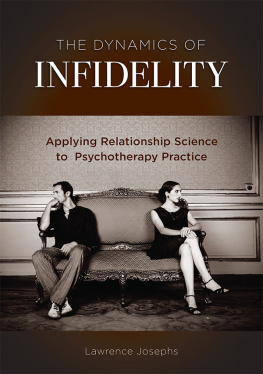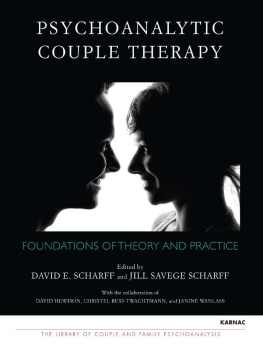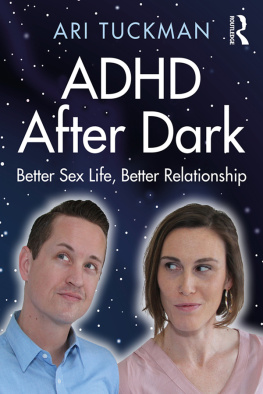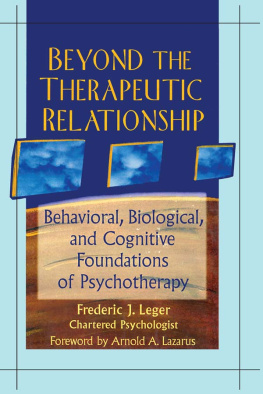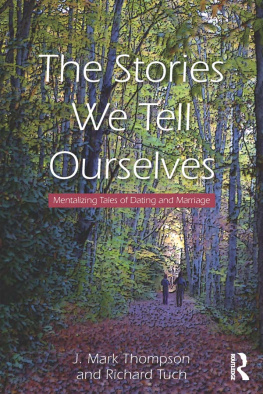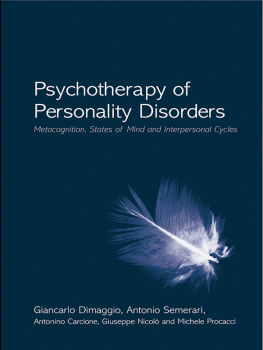TO CHEAT OR NOT TO CHEAT? THE EVOLUTION OF FIDELITY AND INFIDELITY
Social scientists from cultural anthropologists to evolutionary biologists have debated the question of whether human nature is inherently monogamous, promiscuous, or polygynous and whether certain cultural arrangements are therefore antithetical to something fundamental in human nature (Barash & Lipton, 2001; Bullough, 1976; Chapais, 2008; Dixson, 2009; Frayser, 1985). These debates enter the clinical literature as practitioners note the implicitly monogamous ideal of most psychotherapeutic practice (Horney, 1928) and as consensual nonmonogamy has been proposed as a viable alternative to infidelity (nonmonogamy without consent of the betrayed partner) as well as monogamy (Mogilski, Memering, Welling, & Shackelford, 2017).
Does monogamy suppress our natural promiscuity, as the authors of Sex at Dawn (Ryan & Jetha, 2011) suggested, or does polygamy unfairly pressure women into sharing a husband when most would rather have exclusive possession of one husband (Al-Krenawi, 2001; Al-Krenawi, Graham, & Al-Krenawi, 1997)? Some cultural relativists have argued that, given the incredible diversity of human sexual arrangements across cultures and historical epochs, it may be that there is no fundamental human nature when it comes to sex (Montgomery, 2009). In contrast, primatologists like Dixson (2009) have argued that monogamy is the norm in all cultures. Although more cultures have been officially polygamous than monogamous, it is usually only a small percentage of high-status men who have multiple wives, while most men only have one at a time (H. E. Fisher, 2004).
Dixson (2009) argued that the reduced body dimorphism of male and female humans, as well as certain anatomical features of human genitalia (e.g., testes size), is consistent with anatomical changes that are associated with evolution in a more monogamous direction in other species. The attempt to form successful long-term monogamous relationships appears to be universal even if such relationships are frequently disrupted by infidelity, divorce, and attempts at consensual nonmonogamy. H. E. Fisher (2004) argued that the emotion of romantic love has evolved to motivate sexually exclusive pair bonding for biparental care, and Jankowiak (1995) maintained that romantic love is a universal emotion found in all cultures and all historical periods.
Conflicts around infidelity tend to evoke the kind of polarization that is characteristic of what cognitive therapists call dichotomous thinking (Napolitano & McKay, 2007; Oshio, 2009, 2012) and what psychoanalysts call splitting (Kernberg, 1996; Yeomans, Clarkin, & Kernberg, 2015; unfaithful partners are sluts or pigs, affair partners are home-wreckers, and betrayed partners are cuckolds). Clinicians engage in dichotomous thinking when they begin to think of behavior as either adaptive or maladaptive rather than as simultaneously possessing costs as well as benefits. They need tools to help patients, as well as themselves, overcome eitheror thinking in relation to infidelity; the dialectical method is one such tool to manage extreme but antithetical affect states that may be overwhelming (Linehan, 1993). Contemporary evolutionary psychology may help clinicians see the adaptive import of both sides of the inner conflict in the context of infidelity, providing a metaperspective to help their patients overcome dichotomous thinking.
The dialectical method suggests that when two points of view are in conflict, it doesnt necessarily mean one is right and the other is wrong. Each point of view might be right in its own way, and each may contain a kernel of truth. Yet each point of view may also be subject to a certain degree of tunnel vision. Thesis and antithesis can result in an integrative synthesis when opposing viewpoints are seen as potentially complementary: Each viewpoint may compensate for the tunnel vision of the seemingly opposing and perhaps morally offensive viewpoint. From one point of view, infidelity seems like a solution to marital unhappiness, but from another, infidelity is the cause of marital unhappiness. Therapists can use the dialectical method to help overcome dichotomous thinking and promote acceptance in the marital context (Alberts, Thewissen, & Raes, 2012; Gambrel & Keeling, 2010; Linehan, 1993).
What kind of integrative synthesis can contain the dialectical tension that exists between construing infidelity as a solution versus as a problem? By providing a theory of human nature in which ambivalence about sexual fidelity is central, evolutionary psychology begins to explain why infidelity is simultaneously both. Every solution to that inner conflict has its costs and benefits. Self-acceptance can be facilitated when ones inner conflicts and solutions to those conflicts can be normalized as part and parcel of a universal human nature with which everyone grapples in some shape or form. Cognitive regulatory control processes can be facilitated by techniques such as normalization and costbenefit analysis (Bowins, 2013), which evolutionary psychology can inform by providing a theory of the costs and benefits of adaptations for reproductive success.
Evolutionary psychology clarifies that although infidelity can be adaptive (i.e., it has benefits despite the costs), it is still an uncooperative and unethical reproductive strategy that undermines the trust necessary for cooperative relationships. We can look to evolutionary psychology to facilitate a better understanding of the origins of a dark side of human nature. Understanding this dark side doesnt rationalize or excuse it for the harm it causes others. However, nonjudgmental and empathic understanding of the dark side is an essential step in mastering it because one cannot master a strong human tendency that one doesnt understand but instead rationalizes or repudiates in fear of a partners or a therapists moralistic judgment. Likewise, evolutionary psychology helps therapists overcome their own moralizing tendencies when they see infidelity as only psychopathology to be treated when it can also be appreciated as an adaptive, although uncooperative, response to challenging ecological conditions.
THE DIALECTICS OF HUMAN MATING
Two questionable assumptions are that (a) if infidelity is natural, it must be good (see Buss, 2003, on the naturalistic fallacy) and (b) if monogamy is cultural, it must be arbitrary and oppressive of something that is inherently good and natural. Evolutionary psychologists David Buss and David Schmitt (1993) developed an inspired solution to these age-old debates about the fundamental nature of human sexual psychology, what they call sexual strategies theory. The basic idea is that all species possess a sexually selected species-specific reproductive or mating strategy through which they try to maximize their reproductive advantage (Dixson, 2009). Evolution is driven not so much by survival of the fittest as by reproductive success (Ash & Gallup, 2008).
Traits that result in reproductive success (i.e., siring offspring who survive to maturity and reproduce themselves) are traits that are selected to be passed down through the generations. From this perspective, fidelity and infidelity constitute competing strategies for reproductive advantage. From an evolutionary perspective all adaptations possess costs as well as benefits, and the costbenefit ratio varies under different ecological conditions (Williams, 1992). Just because something is ultimately adaptive doesnt mean its all good (the benefits come at a significant cost), and just because something is ultimately maladaptive doesnt mean its all bad (there may still be substantial benefits even though the costs exceed the benefits).
Gorillas reproduce by forming harems headed by a silverback male (Dixson, 1998). The most reproductively successful male gorillas are the alpha males that can defend and maintain a harem. The most reproductively successful female gorillas mate with the alpha rather than a male lacking a harem. Chimpanzees, in contrast, maintain a more promiscuous arrangement in which the females mate with all the males (de Waal, 2007; Dixson, 1998). Nevertheless, male dominance does tend to correlate with reproductive success among promiscuous species, albeit not perfectly because of the influence of female choice as well as efforts by subordinate males to look for sexual opportunities when the alpha males are not looking (de Waal, 2007; Dixson, 1998).

